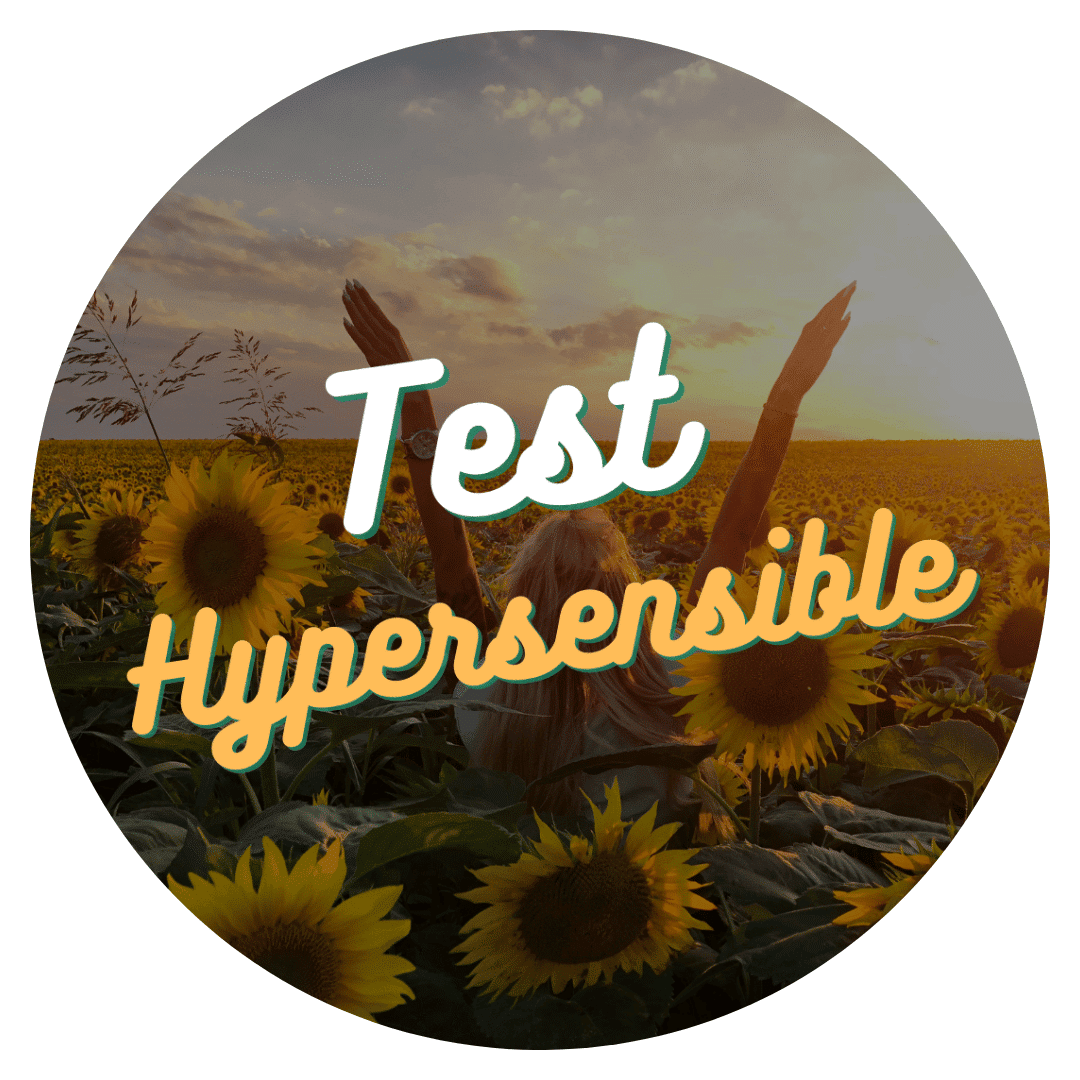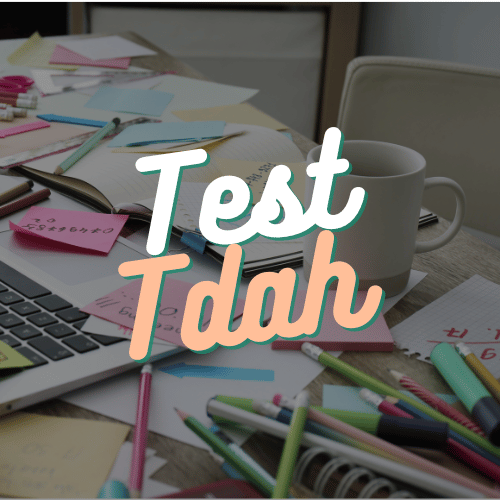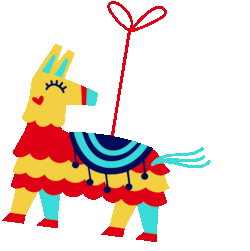Differences and characteristics of the profiles: zebra (or gifted, high potential, HPI, philo-cognitive) hypersensitive, HPE (high emotional potential), asperger, autistic, borderline, bipolar…
This morning I received a message from Emy on Instagram. She asked me what the difference was between ahypersensitive and a gifted person and if a gifted person was in fact a hypersensitive person who was not gifted? I smiled when I read her message.
Two weeks ago, Sam wrote to me to ask what characteristics gifted profiles and Bipolar have in common. And Sarah, a friend, once asked me about the link between borderline personality and giftedness.
We all ask ourselves questions when we are searching for our identity.
Gifted? Hypersensitive? Borderline? Asperger’s? Who am I?
There is more and more information on atypical profiles, everywhere on the web and in the media. On the one hand, it is very positive because it gives visibility to all our diverse and varied profiles and we are beginning, little by little, to accept neurodiversity. But, on the other hand it gets very confusing!
Emy’s message made me smile, a non-gifted zebra! It also challenged me. Don’t all these names blur the lines a bit? What is behind these profiles?
However, let’s try to make things clearer with definitions and tables that summarize the characteristics of each. But, let’s keep in mind that even doctors have a hard time clearly identifying certain neuro-functioning.
Atypical functioning
– Giftedness (zebra = high learning potential = gifted = HIP = philo-cognitive) is an atypical functioning of the brain
– Hypersensitivity
– The HEP (High Emotional Potential). For me (and this is only my opinion based on no study) HEP is a synonym for hypersensitive and High Emotional Potential as such does not exist.
– Autism. We talk about Autism Spectrum Disorder (ASD)This is because the term “autism” covers a very broad, varied and heterogeneous reality. Each person may be at different levels on the autism spectrum, depending on the frequency and intensity of their features.
– TheAsperger’s syndrome is part of the field of autism spectrum disorders. It is one of the four sub-categories. The least“incapacitating” in societal integration and interpersonal relationships. It is a neurodevelopmental disorder of genetic origin. There is no mental disability in people with Asperger’s Syndrome.
Giftedness and hypersensitivity are not personality disorders. Giftedness and hypersensitivity are not considered mental illnesses and are not listed in the DSM-5, (the Diagnostic and Statistical Manual of Mental Disorders). Because they are not considered mental illnesses, they are not well known to psychiatrists. Psychiatrists are doctors, they treat illnesses but not neuro-atypical functioning, which explains why gifted people are sometimes diagnosed as Borderline or Bipolar.
Autism (including Asperger’s Syndrome) is listed in the DSM-5 and is not considered a mental illness but a pervasive developmental disorder.
Personality disorders
Borderline personality disorder
– Borderline personality disorder is listed in the DSM-5. It is a disorder characterized by a pervasive pattern of instability in relationships, self-image, moods, behavior and hypersensitivity to the possibility of rejection and abandonment. According to the DSM-5, People with borderline personality disorder cannot stand being alone and may resort to self-destructive acts to cope with loneliness or avoid being alone. They may make frantic efforts to avoid abandonment, including creating crisis situations. For example, they may attempt suicide as a way of communicating their distress and getting someone to come and rescue and care for them. In addition to a borderline personality, one can find factors of other disorders such as depression, eating disorders, bulimia, anorexia, scarification, panic and anxiety, post-traumatic stress, addiction to one or more drugs, alcohol, medication etc.
According to the DSM-5, Borderline Personality Disorder is influenced by several hereditary and environmental factors. Borderline personality disorder is treatable in part through therapy. CBT (Cognitive Behavioral Therapy) has been shown to have very good results with this type of patient.
Bipolar Personality Disorder
– Bipolar (hypomania) personality disorder is characterized by alternating periods of great euphoria and great sadness. In medical language it is an alternation of depression and compulsion. The DSM-5 distinguishes 2 types of bipolar disorder, type 1 and type 2.
Can we be gifted and hypersensitive?
Gifted and Borderline?
Gifted and Asperger’s?
Gifted, Asperger’s and Hypersensitive?
Gifted and Bipolar?
Hypersensitive and Borderline?
Asperger’s and Hypersensitive?
Gifted and hypersensitive?
As I am I will say without hesitation yes!
Gifted and Asperger’s?
Yes, the author Alexandra Reynaud has this double characteristic and talks about it in her blog Les tribulations d’un Petit Zèbre.
Gifted and Borderline?
Yes, the shrink I worked with in therapy for 4 years confirmed this. You can have a Borderline parent and be a zebra yourself.
Gifted and Bipolar?
I don’t know, I’m still waiting for an answer, but I know from my own experience that you can have a bipolar parent and be gifted.
For the other atypical crosses, I am still waiting for answers from specialists. I am not very knowledgeable about autistic disorders and personality disorders.
I suggest looking in detail at the characteristics of each of the identified profiles to help us understand what they have in common and what differentiates them. Knowing that the brain is not an exact science, on the contrary, it is extremely complex!
Let’s take these characteristics with a grain of salt and not jump to conclusions without a diagnosis.
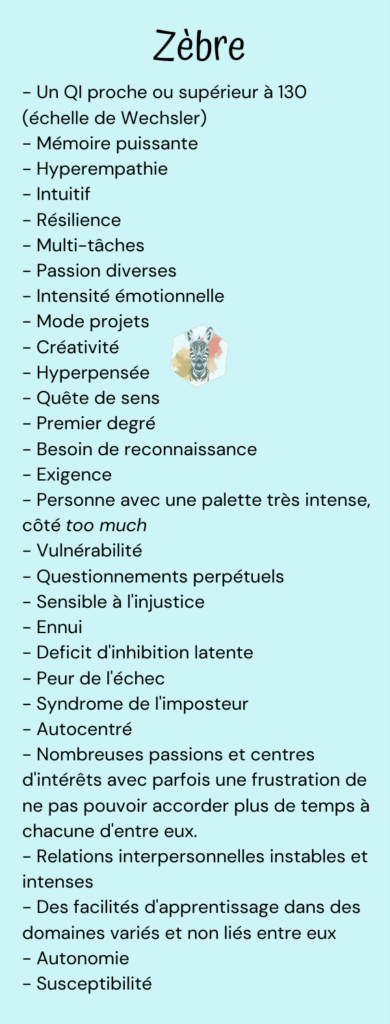
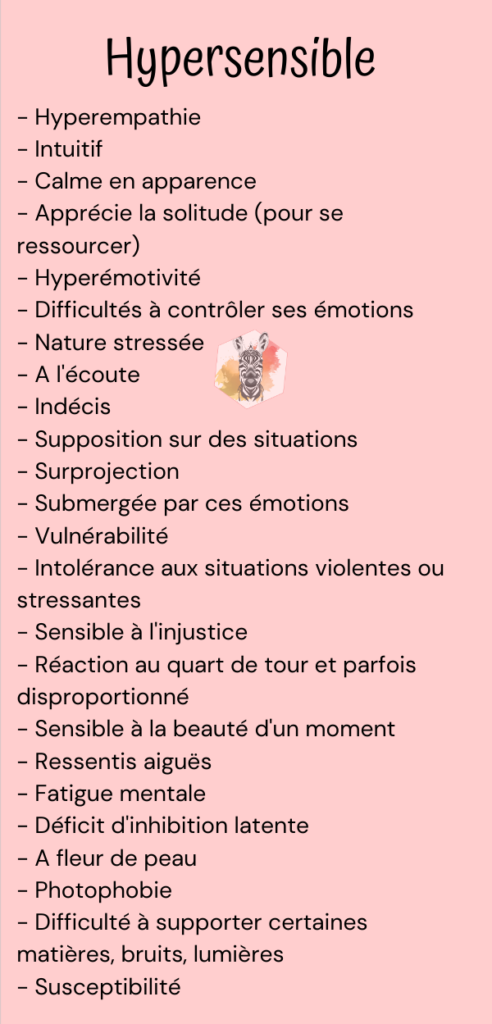
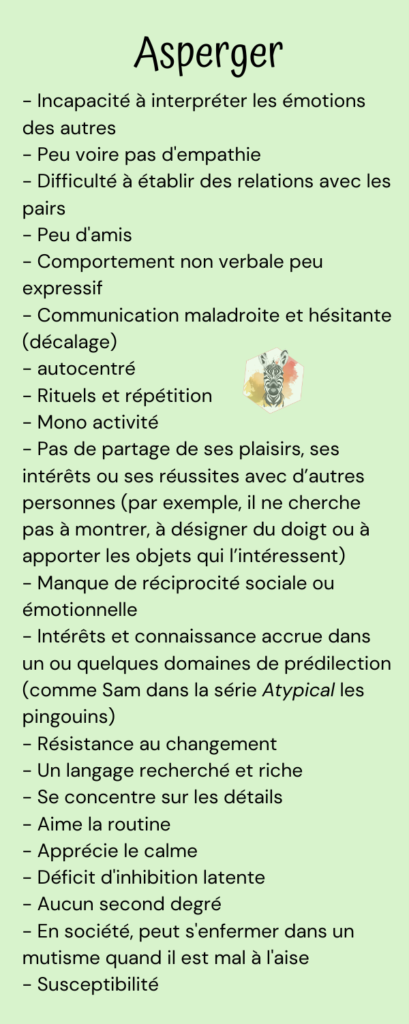
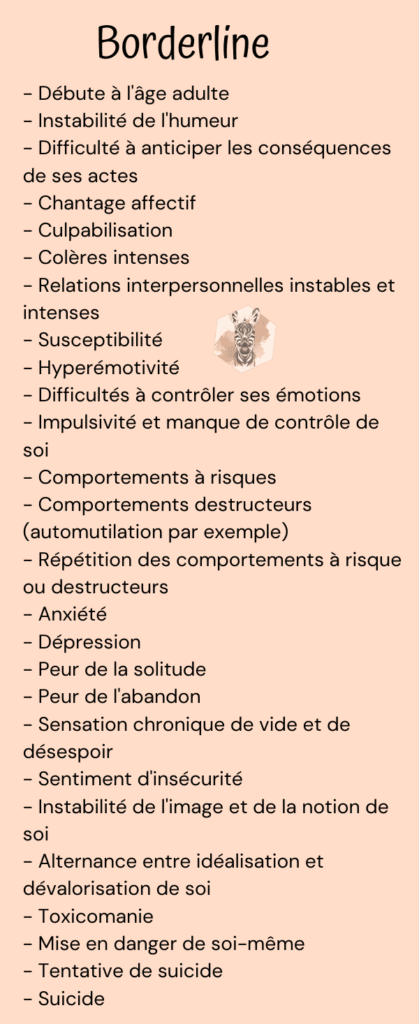
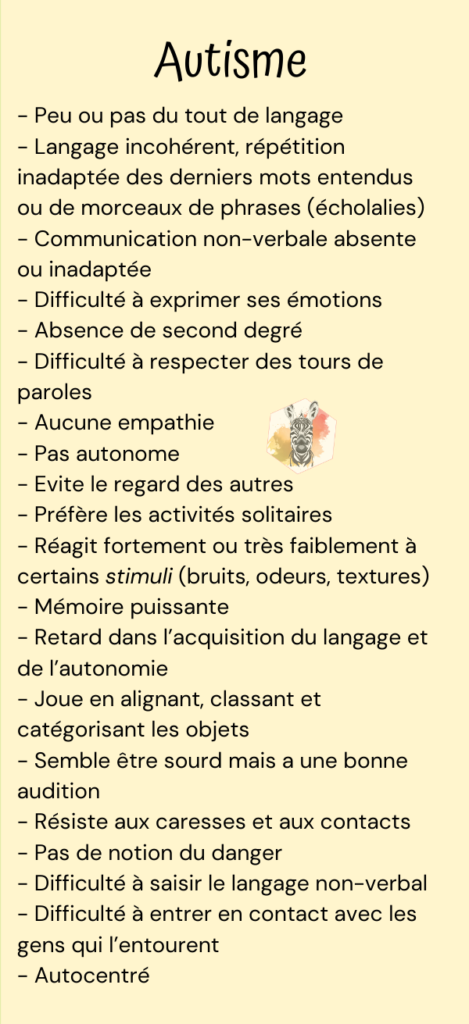

On the surface, one might think that the characteristics of giftedness and Asperger’s Syndrome are in opposition, whereas those of giftedness and Hypersensitivity complement each other. So what does a Zebra Asperger look like?
Giftedness and Asperger’s
One person at a time gifted and who has Asperger‘s Syndrome will have characteristics of both! For example, the ease of learning, the demending nature, an intellectual abundance and a need for routine, little empathy but ease in interpreting emotions!
Conclusion on neurodiversity
To conclude on all these neuro-functionning, it seems that there is a hereditary link between them. Gifted parents who have precocious children. Parents with bipolar personality disorder who have gifted children. A sibling with a gifted and a hypersensitive. A family in which there are gifted cousins, hypersensitive and borderlines. Now we are waiting for studies that validate these phenomena!
Who knows, maybe one day we’ll be able to unravel all the mysteries of our brain!
I hope this article has helped you to see a little more clearly. You can find my questions about giftedness and hypersensitivity, my research and my journey in my book, partly inspired by the blog (but not only) Suivez le Zèbre in self-publishing.
Bibliographic sources:
– American Psychiatric Association: DSM-5, Diagnostic and Statistical Manual of Mental Disorders (Elsevier Masson)
– Fanny Nusbaum, Olivier Revol, Dominic Sappey-Marinier: Les Philo-Cognitifs, Ils n’aiment que penser et penser autrement (Odile Jacob)
– Jeanne Siaud-Facchin: Trop Intelligent pour être heureux, L’adulte surdoué (Odile Jacob)
– Mel Poinas, Suivez le Zèbre, Discovering and learning to live with your High Potential (Self-published)
– Paul E Jones: The Up and Down Life: The Truth About Bipolar Disorder (J.Lyon)
– Dominique Page : Borderline, retrouver son équilibre, Guide pour s’aider soi-même(Odile Jacob)
– Isabelle Filliozat : Que se passe-t-il en moi, Mieux vivre ses émotions au quotidien (Poche Marabout)
You can also find more information, resources and tools on Gifted in Mel POINAS‘ book. With a lot of humor, Mel tells the story of the discovery of her giftedness and the routines she put in place to finally find her place!

Le livre
Écrit par une HPI !
Un témoignage et des solutions concrètes pour découvrir, comprendre et apprendre à vivre en étant HPI.
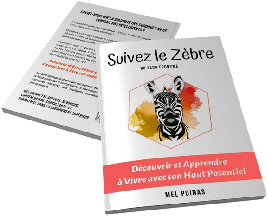
To go further, you can read
- HEP, High Emotional Potential
- The differences between Giftedness and High Emotional Potential
- Gifted and Hypersensitive?
- The best books about High Learning Potential
- Giftedness : 20 characteristics of complex and laminar profiles
- How to take the WAIS 4 test?
- What is being Gifted?



